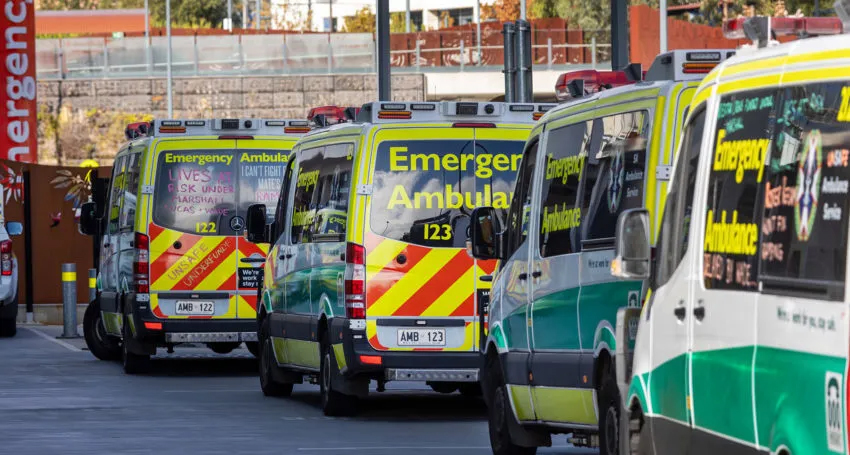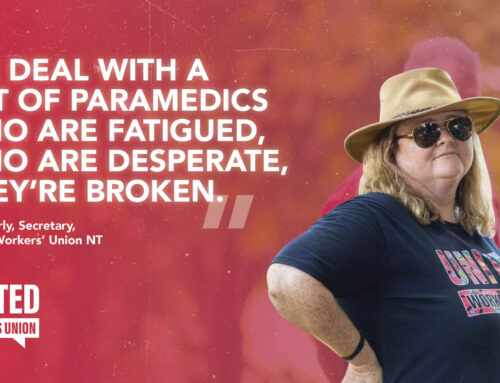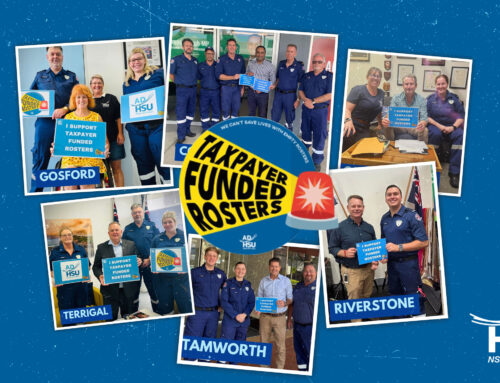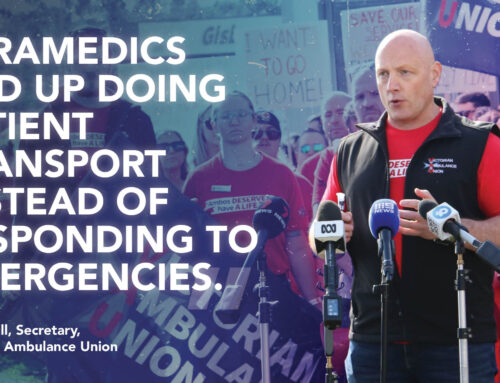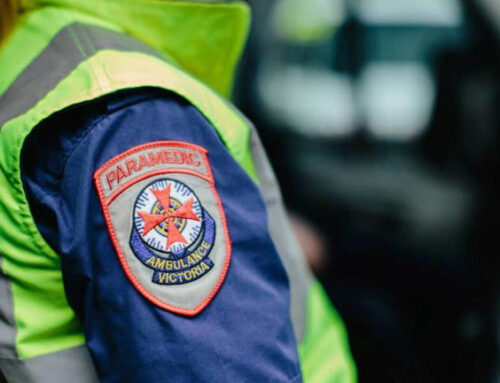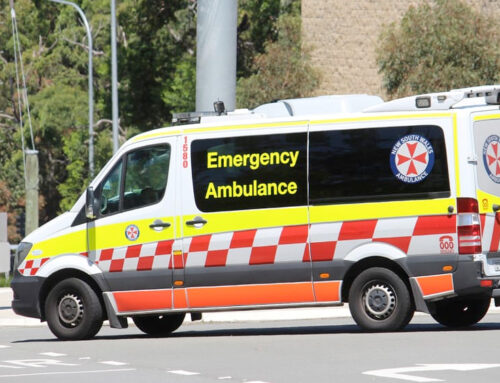New data shows the most serious emergency call-outs are now arriving on time with 146 extra ambos on our roads – but the government admits ramping still isn’t fixed.
The majority of priority one and priority two ambulance call-outs are now arriving on time, new data shows – but the government admits there is still “a long way to go” on its promise to fix ramping.
Premier Peter Malinauskas said on Monday the 146 extra ambulance officers deployed since the March 2022 election were delivering results.
“At the beginning of last year, when someone called triple zero with a life threatening emergency that was classified as a P1, the ambulance wasn’t getting there the majority of the time on time,” he said.
“That is no longer true today, with the majority of P1 responses now being met on time.”
Priority one cases – the most serious emergencies – should be met within eight minutes.
Mr Malinauskas said the objective was to respond within eight minutes at least 60 per cent of the time.
In June 2023, priority one response call-outs met that eight-minute target 67.5 per cent of the time, compared with 47.4 per cent of the time in January 2022.
He said the majority of priority two callout responses, which should be seen within a 16 minute timeframe, were also on time.
In June 2023, priority two response call-outs met that target 60 per cent of the time, compared with 40.4 per cent of the time in January 2022.
Prior to the state election, Labor repeatedly promised to fix ramping – but the now-government did not commit to any specific reduction in monthly ramping hours.
Instead, it is measuring success by improvement in ambulance callout response times.
Mr Malinauskas said “in respect to ramping data, there is still a long way to go”.
Ambulance ramping rose to 3105 hours lost in June compared with 2972 hours lost in May, which itself was a 5.8 per cent rise on the previous month.
But he said the results were better when compared to the previous year.
“This year, May is better than last year, June is better than last year and we’re hopeful that July will be better than last year,” he said.
“So we are seeing that improvement. But that is manifestly demonstrating itself by when people are calling triple zero, the ambulance is starting to roll up on time. And that’s what matters.”
Deputy Opposition Leader John Gardner said Labor had failed on its promise to fix ramping.
“Labor’s central election promise was that they were going to fix ramping, and now they won’t even say the word,” he said.
“When Chris Picton stands up with the premier, Peter Malinauskas … and he talks about response times, he can’t get away from the fact that Labor promised to fix ramping, and since the election we’ve had more than 12 months of 3000 hours-plus of ambulances ramped.”

